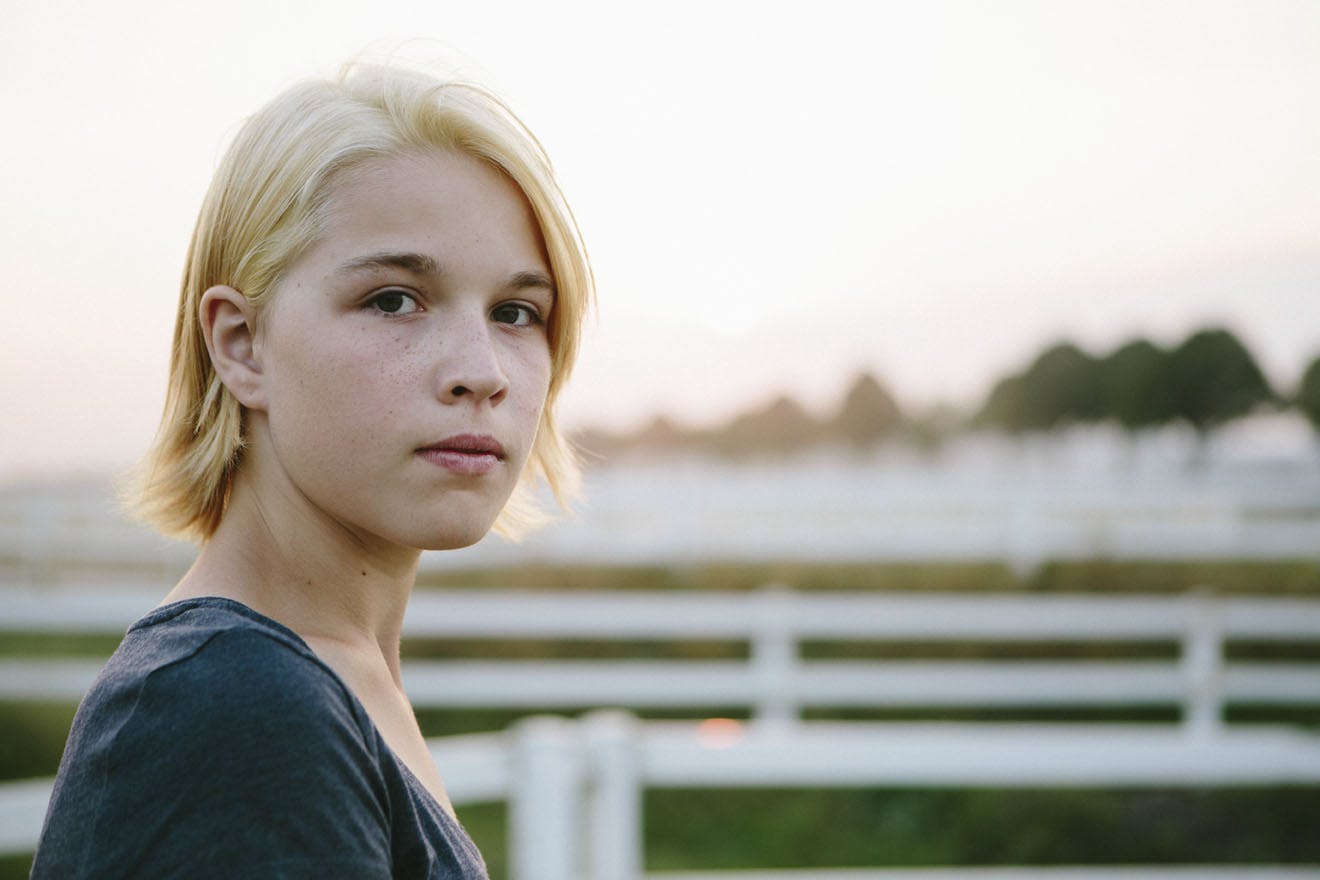Let’s talk about depression.
It’s likely you know someone who suffers from it, or you suffer from it yourself. Depression affects one in four women and one in six men in the U.S. And more than 300 million people worldwide.
Depression hides in plain sight, misunderstood and marked by stigma. But it doesn’t just disrupt the quality of life in silence. It can kill. Every 40 seconds, someone in the world dies by suicide. And the people who suffer with depression are at greatest risk.
We are those who suffer. We are family and friends. And we’re not going to stand by while depression remains misunderstood and takes more lives.
The Beginning of the End of Depression
In 2015, UCLA launched the Depression Grand Challenge (DGC) with a remarkable goal: to cut the global burden of depression in half by 2050 and eliminate it by the end of the century. This isn’t an ordinary research project. We’re committed to solving an issue that has plagued society for millennia.
To get there, we’ve created a unique approach fueled by collaboration on and off campus. Led by Nelson Freimer, professor of Psychiatry and Biobehavioral Sciences, the DGC team includes more than 100 UCLA faculty across diverse disciplines from psychiatry and psychology, neuroscience and computer science, sociology, economics, and the arts.
Gaining Ground on Four Fronts
One common misconception is that depression is a singular condition, when in fact it’s more like a series of disorders. And we’re taking more than one approach to understand and defeat them all. At its core, the DGC consists of four ambitious, interconnected components, that span various disciplines and work together to provide breakthrough care.
Historic in its scale, the first component is an ongoing study that will identify genetic, behavioral and environmental causes of depression. From this, we will develop a comprehensive understanding of the various forms of depression; a map that does not yet exist. Behavioral monitoring on cell phones will play a key role, by allowing us to track symptoms reliably, providing an emergency safety net for those in our care, and serving as a bridge to the Innovative Treatment Network.
The second component is the Innovative Treatment Network, which generates novel treatments and applies them at scale. First, we make sure more people are receiving care, to better understand what treatments help their form of depression—and we do this on a large scale. Second, we take what we learn about the various forms of depression and create smarter, targeted treatments.
Results from the study feed into the Discovery Neuroscience component, where we will zoom in on the many facets of depression and how they express themselves differently. This will lead to exciting scientific breakthroughs, that will generate more novel treatments.
Even with progress in the aforementioned components, stigma remains a problem to be addressed separately and boldly. To defeat prejudice and misunderstanding, UCLA will be working with high profile community members and celebrities through the Awareness and Hope component. This mission has already begun, through campaigns like #OutDepression and our student-focused STAND program.
Students Stand Up
Students are getting involved with the DGC, to help others and themselves.
Nationwide, nearly 40 percent of college students have reported being so depressed that it was difficult for them to function. The STAND research project allows any student to participate and access free treatment for depression and anxiety. Students can also help each other. Undergraduates support fellow students who suffer, through STAND Peers.
Graduate students and psychologists also play crucial roles, like monitoring symptoms remotely to make sure those who need help receive it. They also interact with the student participants who are experiencing depression and anxiety, through the STAND Online Cognitive Behavioral Therapy Program, as well as providing training and supervision of STAND Peers.
Depression is an ancient adversary, one that can make us feel hopeless when it strikes. But now, more than ever before, we’re gaining ground. UCLA researchers, students and patients around the world are already feeling the positive impact of new treatments. And ongoing discovery promises to deliver more knowledge that heals. We will bring greater understanding to create smarter, personalized treatments. We will talk about depression without prejudice, and one day, as a thing of the past.
If you are in a crisis, please call the National Suicide Prevention Lifeline at 1-800-273-TALK (8255), or contact the Crisis Text Line by texting TALK to 741741
